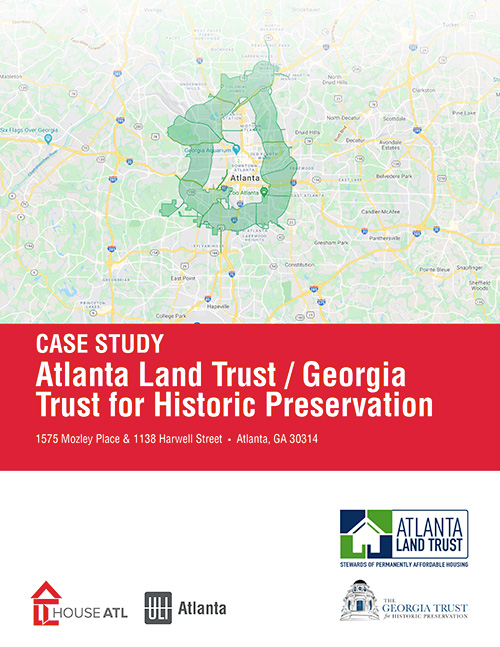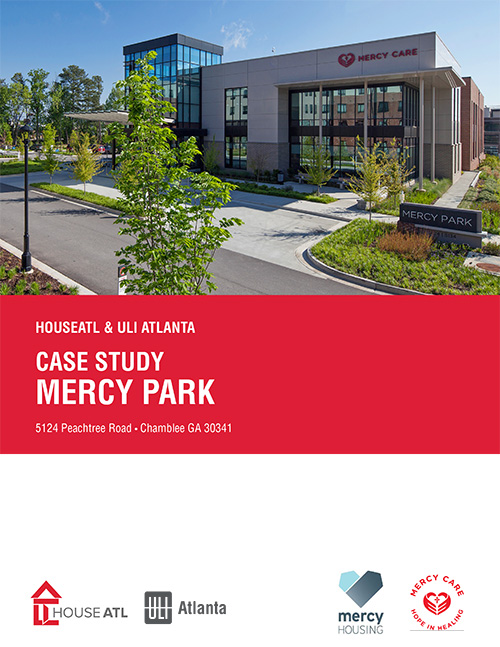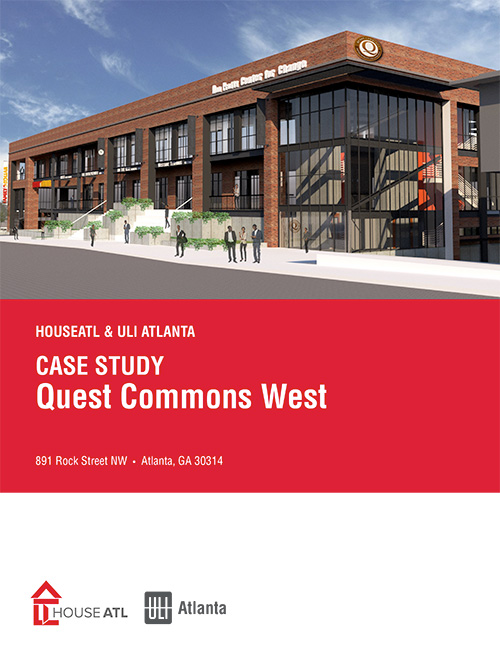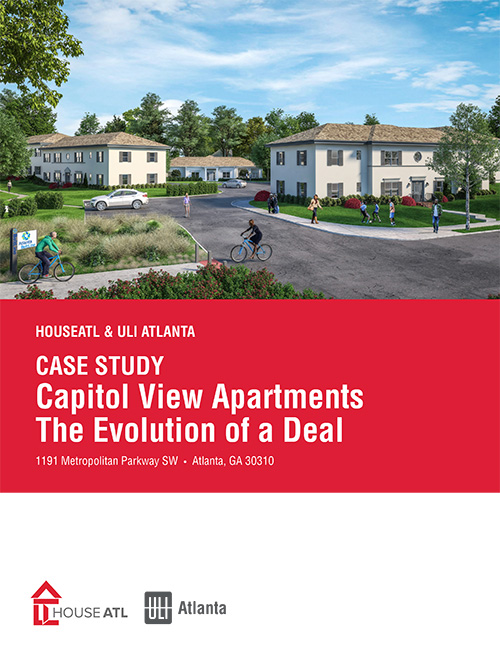HouseATL and the Urban Land Institute of Atlanta worked together to develop these detailed case studies in order to help civic leaders and real estate practitioners better understand how affordable housing is developed and preserved.

Case Study: Atlanta Land Trust and Georgia Trust for Historic Preservation
The first case study is two homes developed by Atlanta Land Trust (ALT) and Georgia Trust for Historic Preservation (the Trust), two entities who joined forces to create a unique partnership that may not have otherwise existed. The Trust and ALT identified a mutually beneficial approach to advance their respective goals. For ALT, it was to “steward permanent affordability near the Atlanta BeltLine neighborhoods” and for the Trust the primary goal was to use historic preservation as a driver to maintain affordability and diversity, while promoting sustainability in Atlanta’s beautiful and cherished historic districts. This partnership and resulting program – the West Atlanta Preservation Initiative uses two homes to demonstrate the feasibility of rehabilitating and revitalizing neighborhoods affordably and without displacing long-term residents.

Case Study: Mercy Park
The second case study is through another unique partnership between Mercy Care and Mercy Housing, which also demonstrates a creative approach to mission-based, not-for-profit development. While both Mercy Care and Mercy Housing can point to their origins within the Sisters of Mercy, a Catholic service organization, the two nonprofits have long been independent organizations. Mercy Park represents the culmination of this partnership in a four-acre site with a 45,000 square foot Mercy Care health clinic, and a 79-unit senior housing development for seniors over the age of 62. Mercy Park is a transit-oriented development located near a MARTA stop, the Chamblee Rail Trail, and historic downtown Chamblee. The unique integration of healthcare and affordability, inclusion of senior housing and level of affordability met, as well as, location make it prime development to understand how to advance affordably while building healthy places.

Case Study: Quest Commons West
Quest Commons West featured in this case study is an excellent example of delivering impactful affordable housing to the Atlanta community. The Quest Communities team is committed to Atlanta’s Westside and equitable housing and community development principles. The Quest Commons West project embodies its mission while maintaining affordability for households at or below 60% area median income (AMI). Additionally, the project will participate in Quest’s Healthy Housing Initiative, including onsite health screenings, case management, and a community gardening program.

Case Study: Capitol View Apartments
Capitol View Apartments in Atlanta’s Adair Park neighborhood demonstrates the best of collaboration, preservation and coordination of public and private partners to advance affordable housing goals. Columbia Residential, through long-standing relationships with Enterprise Community Partners, the Annie E. Casey Foundation, Invest Atlanta, and the Georgia Department of Community Affairs was able to acquire the property in August 2018, and is redeveloping it with a targeted completion date of August 2021. Honoring a promise to not displace current residents, 64 of the 120 units remain occupied during construction. In total, the redevelopment will bring 120 affordable, fully renovated units to a historic SW Atlanta community, which includes 24 supportive housing units for very low-income residents.